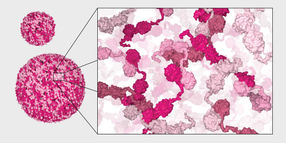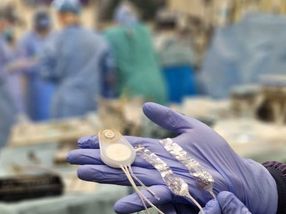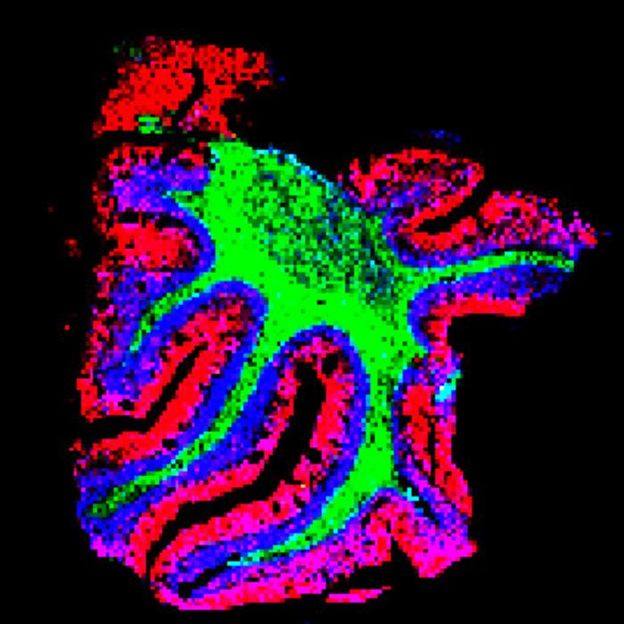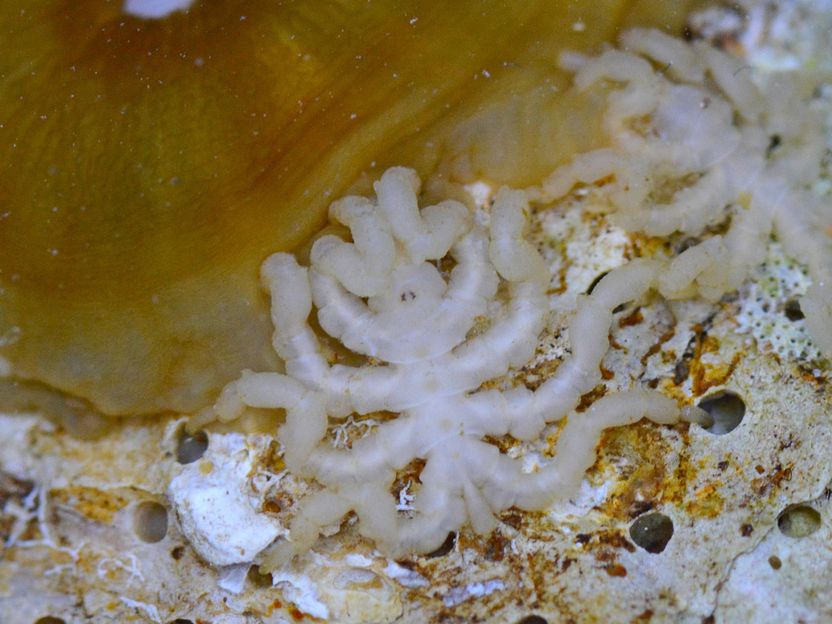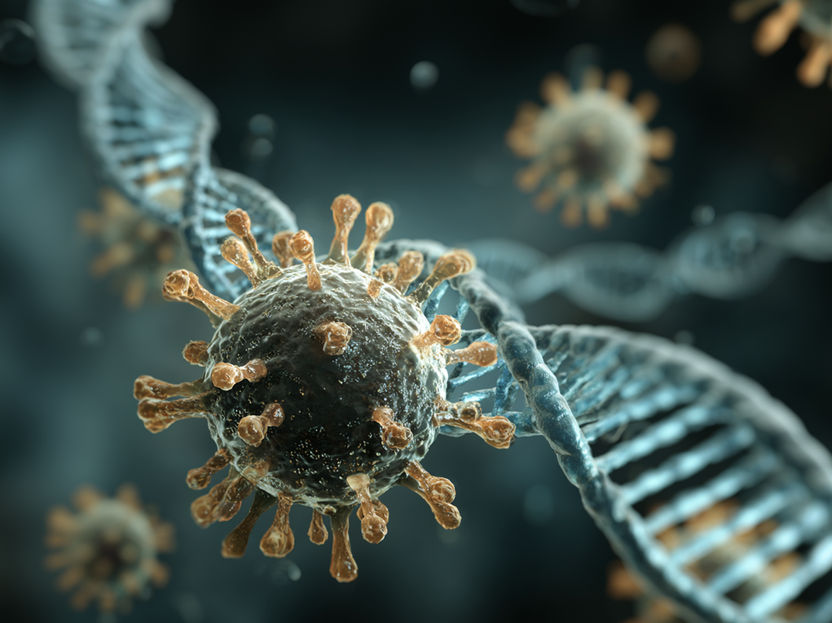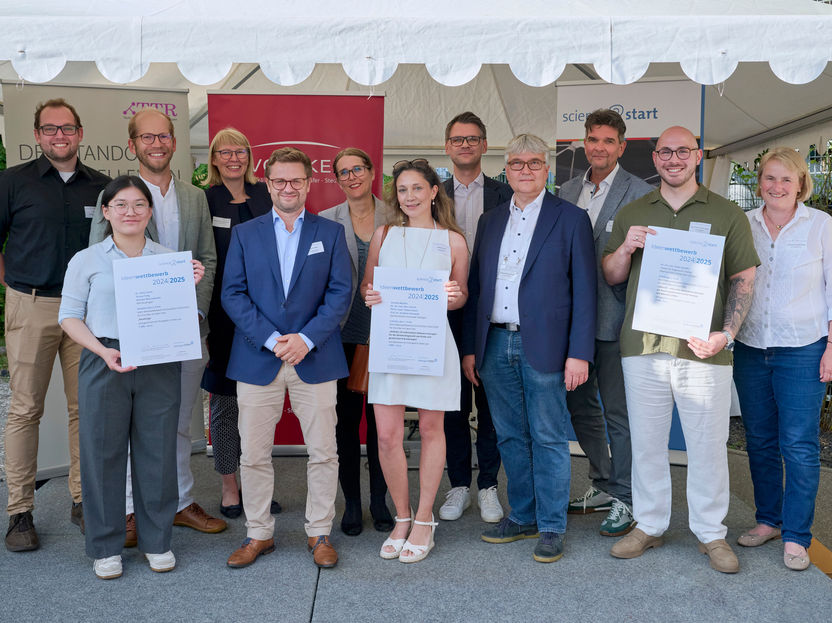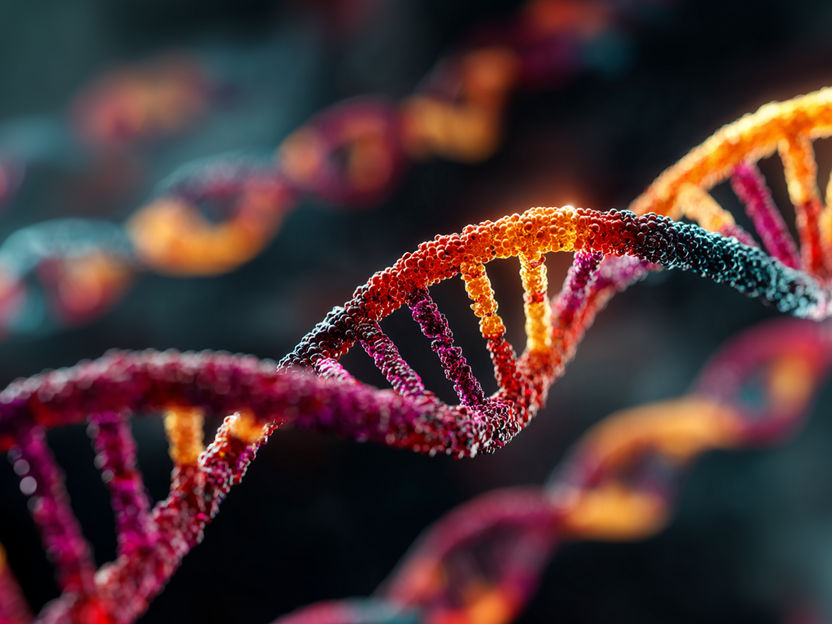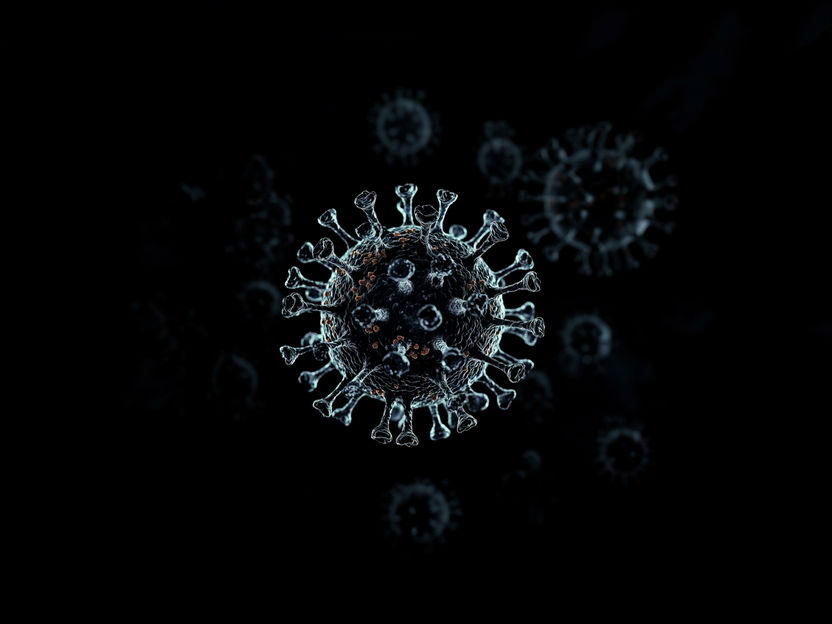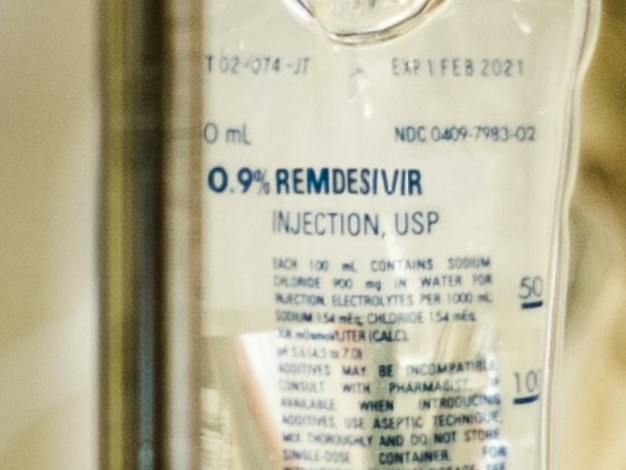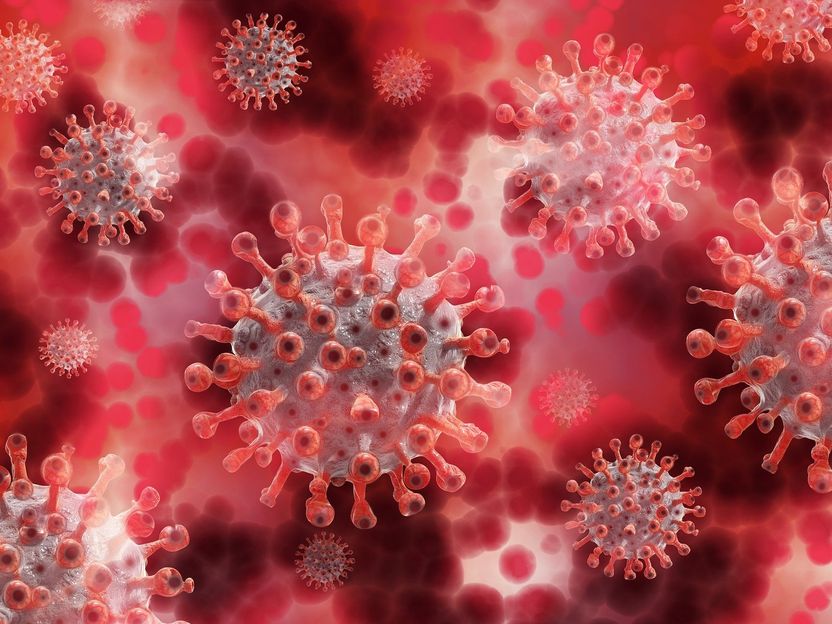Researchers show that introduced tardigrade proteins can slow metabolism in human cells
Advertisement
University of Wyoming researchers have gained further insight into how tardigrades survive extreme conditions and shown that proteins from the microscopic creatures expressed in human cells can slow down molecular processes.
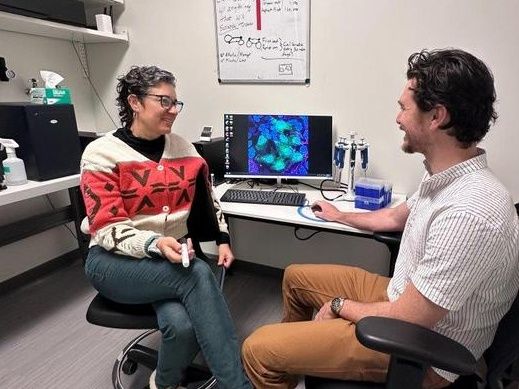
University of Wyoming Senior Research Scientist Silvia Sanchez-Martinez, left, and Department of Molecular Biology Assistant Professor Thomas Boothby led new research providing additional evidence that tardigrade proteins eventually could be used to make life-saving treatments available to people where refrigeration is not possible.
Vindya Kumara
This makes the tardigrade proteins potential candidates in technologies centered on slowing the aging process and in long-term storage of human cells.
The new study, published in Protein Science, examines the mechanisms used by tardigrades to enter and exit from suspended animation when faced by environmental stress. Led by Senior Research Scientist Silvia Sanchez-Martinez in the lab of UW Department of Molecular Biology Assistant Professor Thomas Boothby, the research provides additional evidence that tardigrade proteins eventually could be used to make life-saving treatments available to people where refrigeration is not possible -- and enhance storage of cell-based therapies, such as stem cells.
Measuring less than half a millimeter long, tardigrades -- also known as water bears -- can survive being completely dried out; being frozen to just above absolute zero (about minus 458 degrees Fahrenheit, when all molecular motion stops); heated to more than 300 degrees Fahrenheit; irradiated several thousand times beyond what a human could withstand; and even survive the vacuum of outer space.
They survive by entering a state of suspended animation called biostasis, using proteins that form gels inside of cells and slow down life processes, according to the new UW-led research. Co-authors of the study are from institutions including the University of Bristol in the United Kingdom, Washington University in St. Louis, the University of California-Merced, the University of Bologna in Italy and the University of Amsterdam in the Netherlands.
Sanchez-Martinez, who came from the Howard Hughes Medical Institute to join Boothby’s UW lab, was the lead author of the paper.
“Amazingly, when we introduce these proteins into human cells, they gel and slow down metabolism, just like in tardigrades,” Sanchez-Martinez says. “Furthermore, just like tardigrades, when you put human cells that have these proteins into biostasis, they become more resistant to stresses, conferring some of the tardigrades’ abilities to the human cells.”
Importantly, the research shows that the whole process is reversible: “When the stress is relieved, the tardigrade gels dissolve, and the human cells return to their normal metabolism,” Boothby says.
“Our findings provide an avenue for pursuing technologies centered on the induction of biostasis in cells and even whole organisms to slow aging and enhance storage and stability,” the researchers concluded.
Previous research by Boothby’s team showed that natural and engineered versions of tardigrade proteins can be used to stabilize an important pharmaceutical used to treat people with hemophilia and other conditions without the need for refrigeration.
Tardigrades’ ability to survive being dried out has puzzled scientists, as the creatures do so in a manner that appears to differ from a number of other organisms with the ability to enter suspended animation.
Original publication
S. Sanchez‐Martinez, K. Nguyen, S. Biswas, V. Nicholson, A. V. Romanyuk, J. Ramirez, S. Kc, A. Akter, C. Childs, E. K. Meese, E. T. Usher, G. M. Ginell, F. Yu, E. Gollub, M. Malferrari, F. Francia, G. Venturoli, E. W. Martin, F. Caporaletti, G. Giubertoni, S. Woutersen, S. Sukenik, D. N. Woolfson, A. S. Holehouse, T. C. Boothby; "Labile assembly of a tardigrade protein induces biostasis"; Protein Science, Volume 33, 2024-3-19













